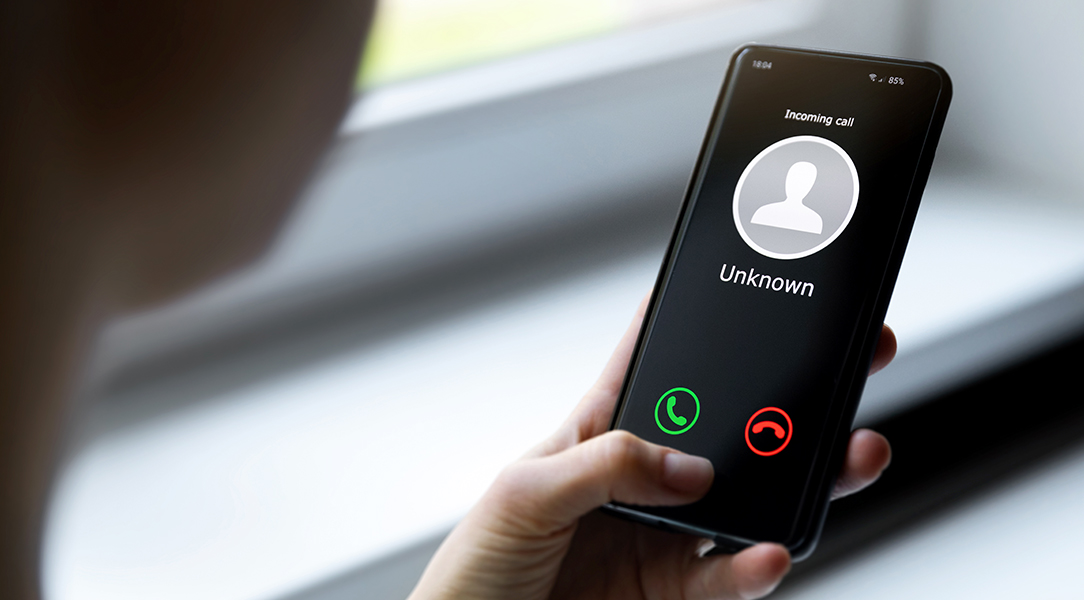In the ever-evolving landscape of cybersecurity threats, the trifecta of vishing, phishing, and smishing stands out as a relentless trio inflicting havoc on individuals and enterprises alike. But what exactly do these terms mean, and why should you care?
Vishing: Short for “voice phishing,” vishing involves fraudulent phone calls aimed at gathering sensitive information or spreading malware.
Phishing: A deceptive practice where cybercriminals send fake emails disguised as legitimate ones to trick recipients into divulging personal data or clicking on malicious links.
Smishing: SMS-based phishing techniques that target individuals via text messages, causing unsuspecting victims to fall prey to malicious schemes.
With the rise and commercialization of generative AI, AI-powered vishing and smishing have surged by a staggering 1,265%, according to a recent Enea survey. Shockingly, 76% of enterprises lack sufficient voice and messaging fraud protection.
These statistics paint a grim picture of the vulnerabilities that pervade our mobile phone communications, emphasizing the critical need for robust security measures to safeguard sensitive information and fortify defenses against malicious actors.
From Phishing to Vishing: The New Generation of Scams
Vishing attacks are increasingly popular due to their unfortunately high success rate. The FTC reported that the median loss for a vishing scam aimed at an individual was $1,480 in 2023. What each attack aims to collect from its victim varies; their accounts may be drained, unauthorized transactions made, or their data may be harvested for sale on the black market.
Experts emphasize that it’s irrelevant how much experience you have in understanding and spotting the tactics cybercriminals use, as phishers rely on human error and emotion, for which there is no fail-proof training.
An Unlikely Vishing Victim
No business or individual is safe from phishing attacks. Last October, New York Times reporter Charlotte Cowles infamously dropped a shoebox containing $50,000 in cash in the back of a Mercedes.
Cowles highlighted an important point about her case, “I’m not senile, or hysterical, or a rube. But these stereotypes are actually false. Younger adults — Gen Z, millennials, and Gen X — are 34 percent more likely to report losing money to fraud compared with those over 60, according to a recent report from the Federal Trade Commission”.
The columnist was told that her identity had been stolen, and that she needed to shut down her old Social Security number and hand over her cash to the government so she could receive a new one. The phisher read out the last four digits of her Social Security number, home address, and date of birth to ‘confirm that they were correct’. Once confused and fearful, she forgot advice and followed the clarity of orders. Cowles was told not to tell anyone what was happening, as the cybercriminal claimed a third party would be monitoring her phone.
Unable to decipher who had accessed what, isolation was part of the deception. Other common techniques employed by scammers include being asked to download malicious software that can give them complete remote access to your device as well as a false “verification” process. Used to claim their legitimacy as well as make you nervous, scammers will read aspects of your own private data to you, often harvested through data leaks, AI and security weaknesses.
How to Protect Your Business from Phone Scams
There are several ways to protect your business from phone scams:
- Train employees on vishing and smishing attacks and urge them to stay vigilant and be cautious of unsolicited calls.
- Make it more difficult for attackers to go unnoticed by using features like caller ID, call blocking, and caller authentication.
- Educate employees on the importance of verifying a caller’s identity before sharing any sensitive information.
However, these methods aren’t failsafe and primarily rely on human behavior.
The Sotera SecurePhone eliminates human error by creating a secure line of communication between SecurePhones. Organizations fully committed to protecting against vishing and smishing attacks use the SecurePhone with their top vendors and suppliers to validate their identities when exchanging sensitive information. A Sotera SecurePhone can only communicate with another SecurePhone, and phone numbers can’t be spoofed, ensuring employees are confident they are talking to their intended contact.
Additionally, Sotera’s revolutionary multi-layer lockdown safeguards every aspect of the SecurePhone, making it the first to offer 100% end-to-end mobile security for voice and text.
If you’re interested in learning more about how the Sotera SecurePhone can protect your confidential conversations, schedule an introductory call with our sales team today.



